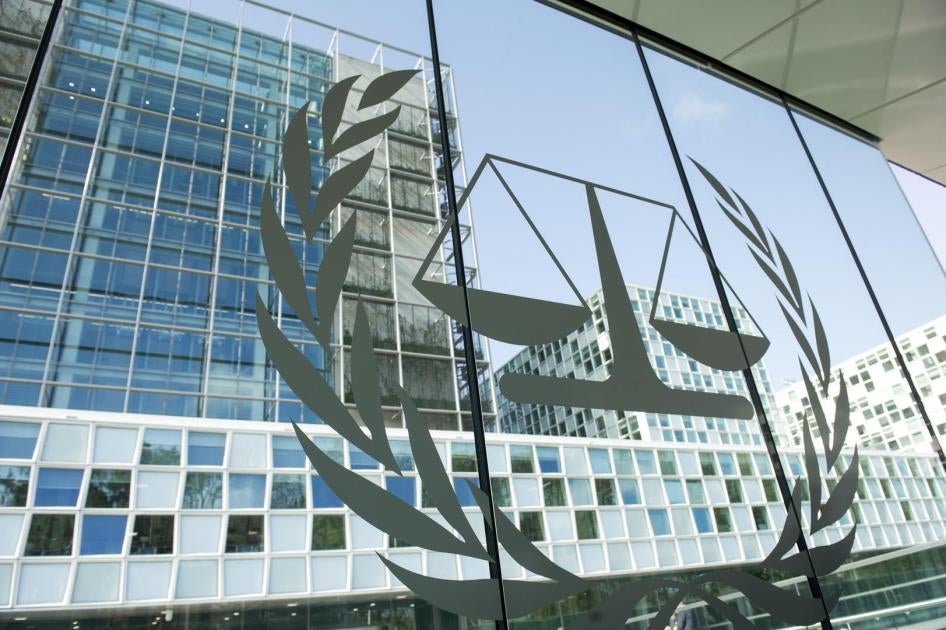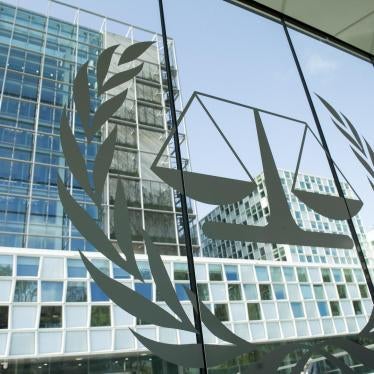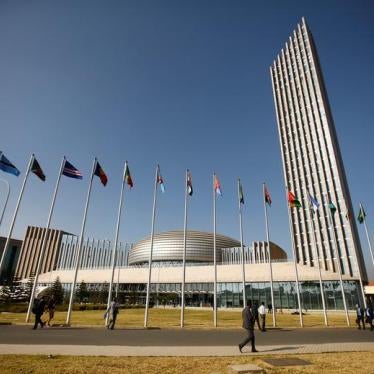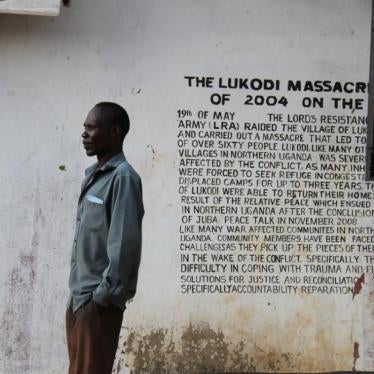The International Criminal Court’s July 6 ruling on Sudanese President Omar al-Bashir’s 2015 visit was an invitation to South Africa to renew its commitment to global justice. South Africa should accept that invitation.
The ICC found that South Africa had violated its international legal obligations by failing to arrest Bashir when he visited the country for an African Union meeting.
There were two long-standing ICC arrest warrants out for Bashir on charges of war crimes, crimes against humanity and genocide committed in Darfur. So in failing to arrest Bashir, the ANC was also overlooking the horrific human rights violations against African civilians.
The ANC is the same party that Nelson Mandela led in 1994, when he declared that “human rights will be the light that guides our foreign policy”. But under President Jacob Zuma, the ANC has applied double standards and shown reluctance to act in the face of human rights abuses on the continent.
Starting in 2003, the Sudanese government and allied militias committed crimes against humanity and war crimes, including sexual violence, as part of its counterinsurgency campaign in Darfur. The United Nations estimates that at least 300 000 people were killed in attacks or died of conflict-induced starvation and disease, and more than two million people were forced to flee to refugee or internally displaced persons’ camps.
Fourteen years since the Darfur crisis began, its victims have yet to see justice — and, in fact, the abuses continue.
During government offensives in Darfur in 2014-2015, there were massive attacks on hundreds of villages, the burning and destroying of homes, and the committing of serious abuses, including rape and killings that may be crimes against humanity. Government forces also launched a major offensive with ground and air forces on Darfur’s Jebel Mara in 2016, destroying hundreds of villages and displacing up to 195 000 people.
Failure to provide justice for the victims in Darfur and to hold those responsible for the horrors to account is one of the reasons why the conflict has continued for so long.
South Africa has made commendable contributions to peacekeeping in Sudan. But none of these efforts can exonerate the country from its obligations to justice under international law, particularly those under the Rome Statute, the founding document for the ICC.
South Africa has, over the years, built a robust and independent judiciary essential for justice administration and respect for the rule of law. But not every country in Africa is able or willing to provide justice when its people suffer grave injustices.
For those who repeat the mantra “African solutions to African problems”, we should point out that the Malabo Protocol — adopted in 2014 by African Union member states to grant criminal jurisdiction to prosecute international crimes to the African Court of Justice and Human Rights — has yet to receive any of the 15 ratifications required to make it operational.
The proposed expansion in the African Court’s mandate has a major weakness as well, in that it would grant immunity from prosecution to sitting heads of state and other senior government officials. Even with a fully operational, expanded African Court, the ICC would still be essential. Africa needs more — not less — platforms for justice for grave crimes, including those that reach lawbreakers in the highest positions of power.
The ICC functions on a complementarity principle: it exercises jurisdiction only when one of its member states is unable or unwilling to prosecute a person accused of some of the world’s worst crimes.
Whether Bashir is guilty or innocent of the genocide, crimes against humanity and war crimes, the charges he faces remain to be determined by a competent judicial body.
There have been calls since 2009 for the African Union to assist with the establishment of a local tribunal to deal with abuses committed in the Darfur region. But the ANC should ask itself what has become of those calls. Has there been any meaningful progress towards establishing this tribunal?
Neither Sudan’s courts nor African Union establishments have shown a readiness to prosecute grave crimes committed in Darfur. The ICC, though not perfect, is acting as the court of last resort to advance accountability for these heinous abuses.
It is difficult to see how the ANC can reiterate its commitment to multilateralism while it considers steps to abandon the ICC, which for many remains the only hope and last resort for justice.
Instead, South Africa should reaffirm its support for the ICC and continue to lead the fight for human rights and justice, as it has done in the past. Leaving the ICC would only set a negative precedent for other African countries, some of which have deplorable human rights records.
The South African government should embrace the opportunity the July 6 ruling presents by renewing its support for the court and its call for justice.









